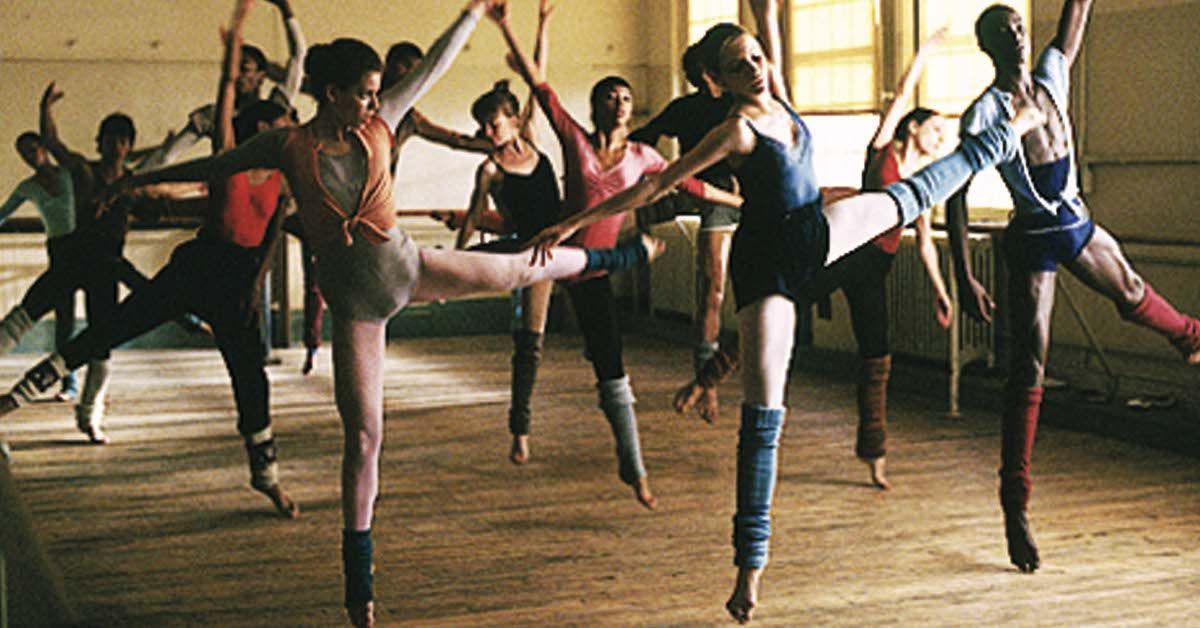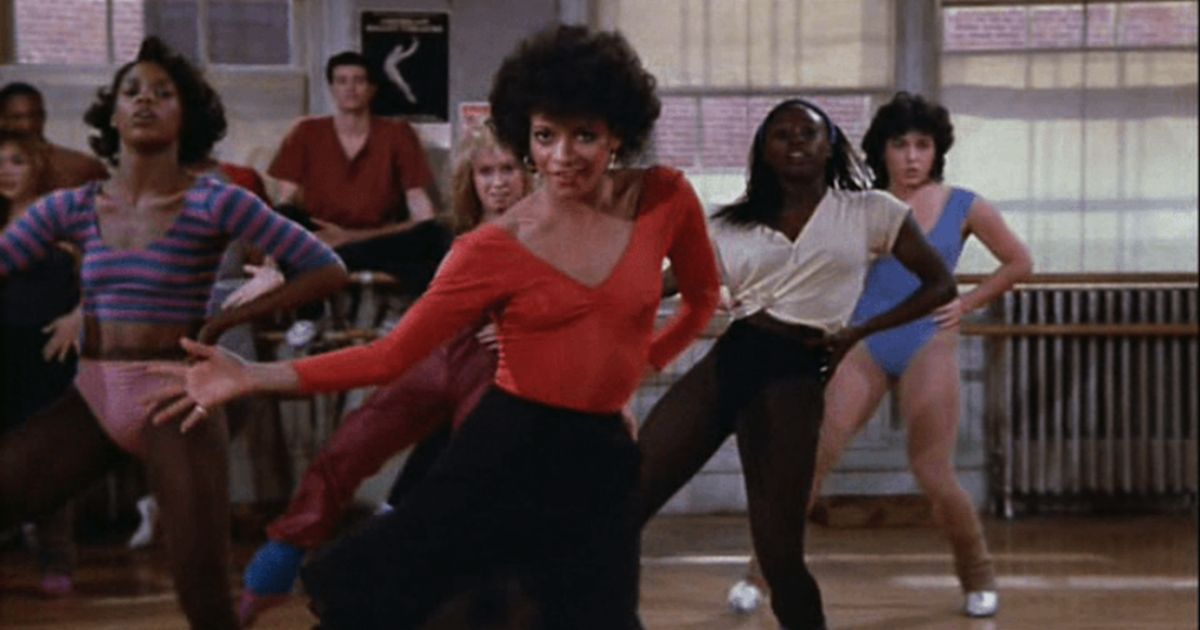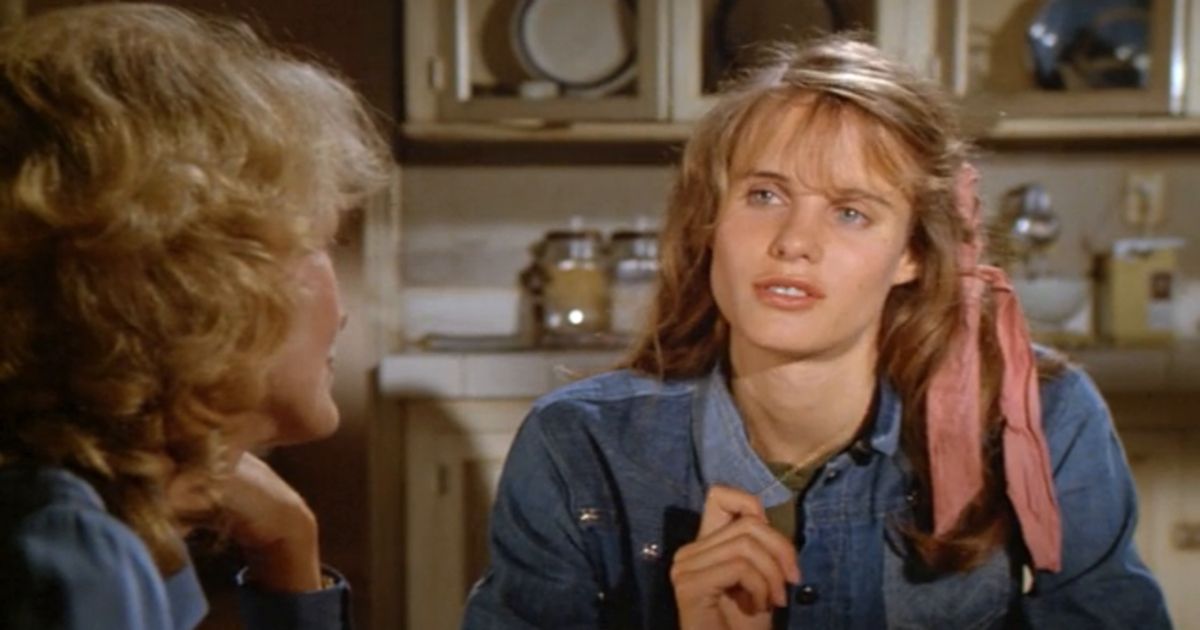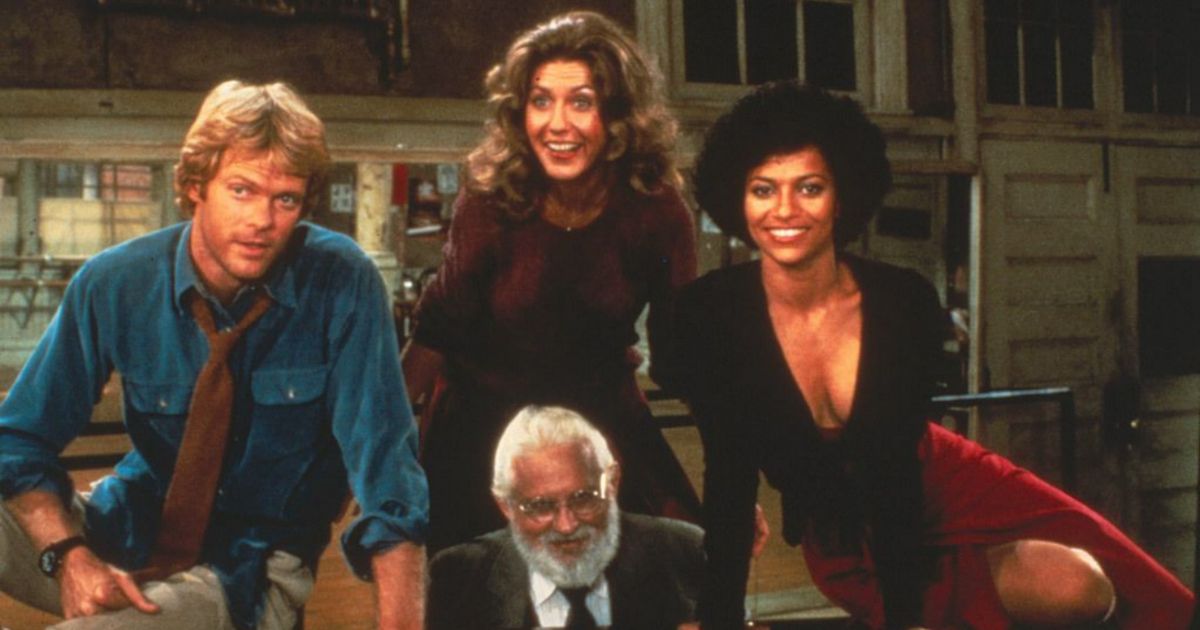Do you remember their name? (Fame!) Even if you never watched Fame you've heard that name (or those lyrics) before and know at least something about the movie and subsequent show. You've probably also heard the song once or twice too. Fame is in a league of its own when it comes to television, and is one of the best TV shows based on a movie. Hardly anything comes close to the legacy the show, which was 'the first' to do so many things even if it isn't discussed much nearly four decades later. So why does Fame have such as long-lasting legacy on television?
Fame's legacy is based in the origin of the show as a whole. The legacy that Fame has left was created by the barriers the show broke at its inception. It created a whole new space in television for musical shows that can meld drama and musical numbers. That may sound tame to some people, but when Fame came out, it was beloved for its perfect melding of drama, emotion, and fun musical numbers which made it seem like viewers were watching television on Broadway and vice versa. Once Fame created this space (with the pioneering help from a powerfully diverse cast), it opened doors for musical television shows to thrive and build on its mold as a predecessor. Fame created a whole new medium for television, so don't you know who they are, remember their name?
Why Was Fame So Iconic?
How could Fame not be iconic? It was the first of its kind in the musical television space and did so in a way that appealed to audiences of all ages. The show was gritty and honest about the reality of a performing arts high school, but it also had some amazing musical performances that felt light and fun. The combination of these two opposing emotions and themes was blended so perfectly in the story of the show and felt authentic. Nothing ever felt placed solely for controversy or to stir the pot; the themes discussed in the show could be dark, but the whole point was to blend them in the grand scheme of Fame. In a world where musicals were often candy-colored and happy, Fame carved out its own gritty, iconoclastic existence long before gritty TV show reboots were all the rage.
The same thing applies for the inclusion of musical numbers. The musical numbers were never included just to check a box and have them as a genre requirement, they were in the show because they built the narrative and elevated the overall tone of the series. Fame was a show that broke down barriers and created a new space within the televisual landscape, an industry with a mainstream that's often hard to break into, let alone change. It's hard for a show with that laundry list of accomplishments to not be regarded as iconic.
What is Fame's Legacy?
Fame was arguably the first of its kind as a TV musical drama. Movie musicals have been popular and a staple of the film industry since the early days, but TV musicals did not have the same long-standing history. If anything, musicals on television were simply TV movie adaptations of Broadway shows, parts of a silly comedy programs, or an aspect of classic variety shows; Fame took the risk of using choreography, contemporary sounds and music, and plot-advancing lyrics to essentially create a heavy TV drama that was largely told through the medium of song. Sure, this was popular for a Broadway show or a movie, but developing this for dozens of hours of television (or, in the case of Fame, 136 hour-long shows) seemed impossible.
Thus, bringing Fame to TV screens was a long-shot; it could have gone terribly, but it didn't. Fame was beloved by audiences, and it has created the blueprint for the TV musicals that came after it. The structure that Fame created serves as a framework for shows like Victorious, Crazy Ex-Girlfriend, and Glee to adopt in their own ways. The shows that have come after Fame that could be seen as similar take the idea of Fame and then put their own twist on it. Could that be because no one can truly do what Fame did? Maybe, but at the end of the day, Fame's impactful legacy on musical television is hard to miss.
What Shows Exist Because of Fame?
To be frank, pretty much every musical TV drama or comedy exists because Fame did it first. However, there are certain ones that are a bit closer to the show itself, and its goal. Shows like Victorious emulated the idea of a Performing Arts High School. That show was set in Los Angeles instead of New York and was for a much younger audience, so it was a bit less gritty than the original Fame. Victorious also did not have as much original music as some of its musical TV counterparts.
The show that feels the closest to the original Fame in almost every element is Glee. Glee was honest, pure camp, and very musical. Every single episode of Glee had multiple musical numbers that were written to fit seamlessly with the storyline of the episode, even if they were hardly all originals. The ridiculously titled High School Musical: The Musical: The Series is also undoubtedly influenced by Fame and its combination of struggling performing arts students with the pressures of troubled youth. Pushing Daisies, Crazy Ex-Girlfriend, and Zoey's Extraordinary Playlist all exist partially because of the space Fame created for them to flourish.
While these are all good shows to varying degrees, arguably no series will be able to copy the impact that Fame had. However, the shows that have come after and continue to come can utilize the tools and space that Fame created for them to inhabit, and 40 years on from its 1982 premier, we're still thanking it for that.




